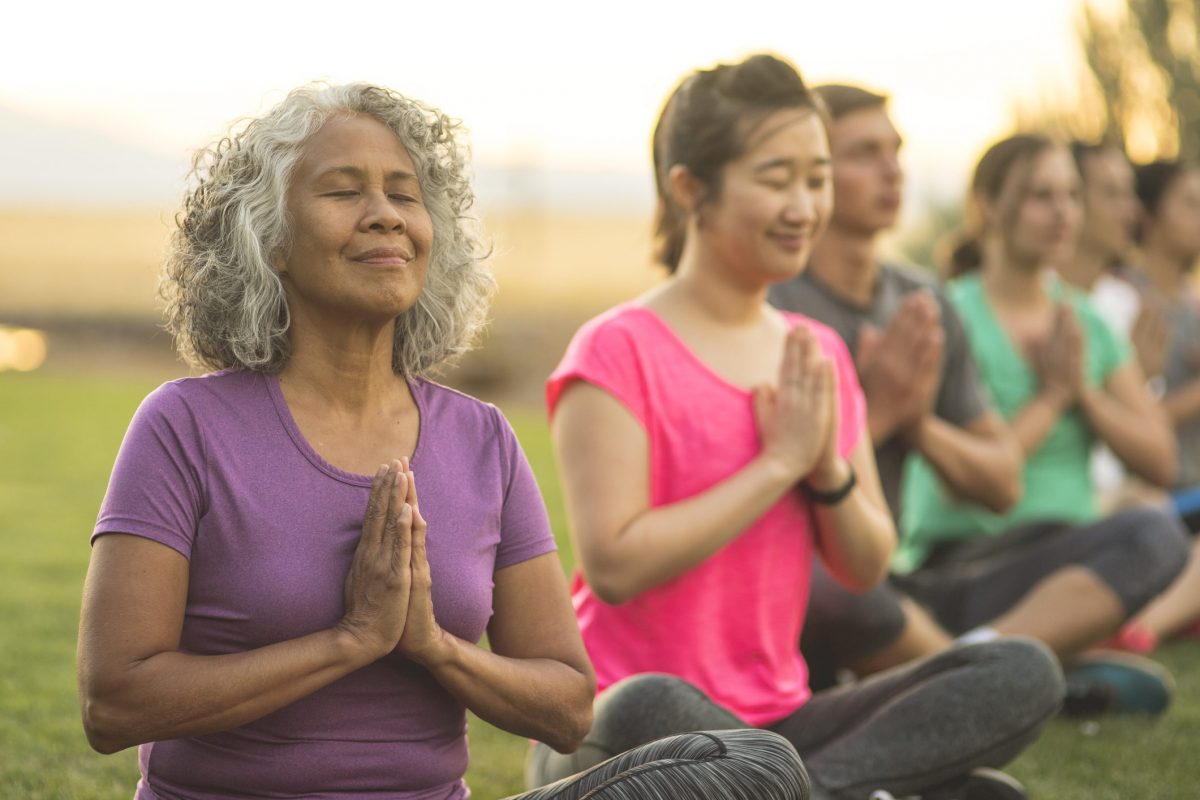As our population continues to age, the importance of promoting healthy aging has become increasingly paramount. With the right strategies and lifestyle choices, seniors can enjoy a fulfilling and vibrant life well into their golden years. Implementing key practices that promote physical, mental, and emotional well-being is crucial for geriatric wellness.
Encouraging healthy aging has a substantial impact on the well-being and longevity of the elderly. Research indicates that regular physical activity can extend life expectancy by up to 5 years, making it a crucial component in promoting healthy aging. Engaging in activities such as walking, swimming, and yoga not only enhances physical strength, flexibility, and balance but also contributes to the prevention of chronic illnesses. A study published in the Journal of the American Medical Association emphasizes the significant role of physical activity in reducing the risk of diseases such as cardiovascular issues, diabetes, and osteoporosis, enabling seniors to maintain an active and independent lifestyle well into their golden years.
Nutrition plays a pivotal role in preventing chronic diseases and promoting healthy aging. The World Health Organization emphasizes that a well-balanced diet rich in fruits, vegetables, and whole grains can significantly reduce the risk of non-communicable diseases. Encouraging seniors to consume nutrient-dense meals not only supports their overall health but also boosts their immune system, promoting better disease resistance. A diet rich in essential nutrients and antioxidants can also contribute to maintaining healthy body weight, reducing the risk of obesity-related conditions, and fostering better management of chronic diseases, thereby enhancing the overall quality of life for the aging population.
Cognitive stimulation is crucial for preserving mental acuity and emotional well-being in seniors. Research conducted by the Alzheimer’s Association underscores the importance of mentally stimulating activities in reducing the risk of cognitive decline. Engaging in activities such as puzzles, reading, and social interaction can help maintain cognitive function and memory, fostering a sense of independence and confidence in older adults. Moreover, participating in social activities and group events can significantly reduce feelings of loneliness and isolation, leading to improved emotional well-being and a reduced risk of developing mental health issues, thereby promoting a fulfilling and vibrant life for the elderly.
Regular health check-ups are instrumental in detecting and managing health concerns among the elderly. The Centers for Disease Control and Prevention (CDC) emphasizes the significance of routine screenings and health assessments in the early detection of chronic diseases. Regular monitoring of blood pressure, cholesterol levels, and other vital health markers enables timely intervention and appropriate management, reducing the risk of complications and promoting better health outcomes. By encouraging seniors to prioritize regular health check-ups, healthcare providers can proactively address any underlying health issues, ensuring that seniors can enjoy their later years with optimal health and well-being.
By focusing on these key areas of physical activity, nutrition, cognitive stimulation, and regular health check-ups, we can actively promote healthy aging and improve the overall quality of life for the elderly population. These efforts not only contribute to increased longevity but also foster independence, mental acuity, and emotional well-being, ensuring that seniors can enjoy a fulfilling and vibrant life as they age.
Here are some effective strategies for geriatric wellness that can make a significant difference in promoting healthy aging.
1. Physical Activity and Exercise
Engaging in regular physical activity is one of the cornerstones of healthy aging. Encouraging seniors to participate in exercises that improve strength, flexibility, and balance can significantly enhance their overall well-being. Activities like walking, swimming, yoga, and light weight training can help maintain muscle mass, bone density, and joint flexibility, thereby reducing the risk of falls and fractures.
2. Nutritious Diet
A well-balanced diet is essential for seniors to meet their nutritional needs and maintain a healthy weight. Encouraging the consumption of a variety of fruits, vegetables, whole grains, lean proteins, and healthy fats can provide the necessary vitamins and minerals. Additionally, it is important to promote adequate hydration to ensure proper bodily functions and to prevent dehydration, which can be a common concern in older adults.
3. Cognitive Stimulation
Keeping the mind active is vital for geriatric wellness. Activities such as puzzles, reading, learning a new skill, and social interaction can help stimulate cognitive function and memory. Encouraging seniors to participate in group activities, clubs, and community events can foster social engagement, reducing the risk of cognitive decline and depression.
4. Regular Health Check-ups
Regular health check-ups are essential for early detection and management of any health concerns. Encouraging seniors to visit their healthcare providers regularly for screenings, vaccinations, and health assessments can help identify and address any underlying health issues before they become more serious. It’s crucial to monitor blood pressure, cholesterol levels, and other vital health markers to prevent the onset of chronic conditions.
5. Emotional Well-being
Promoting emotional well-being is just as crucial as physical health for . Encouraging seniors to maintain a strong social support system, engage in activities they enjoy, and participate in mindfulness practices can significantly improve their mental health. Addressing any feelings of loneliness or isolation is vital, as these emotions can lead to increased stress and the development of various mental health issues.
6. Adequate Sleep
Getting sufficient and quality sleep is essential for overall health and well-being. Encouraging a regular sleep schedule and creating a conducive sleep environment can help seniors improve their sleep quality. Additionally, addressing any sleep disorders or disturbances promptly is crucial for maintaining optimal physical and cognitive function.
7. Safety Measures
Implementing safety measures within the home environment can significantly reduce the risk of accidents and injuries. Ensuring adequate lighting, installing handrails, and removing tripping hazards can create a safer living space for seniors. Additionally, promoting the use of assistive devices and technologies can help them maintain their independence and safety.
In conclusion, promoting healthy aging requires a holistic approach that addresses the physical, mental, and emotional well-being of seniors. By implementing these effective strategies for geriatric wellness, we can help our older population lead a fulfilling and vibrant life, ensuring that they enjoy their golden years to the fullest.
For further guidance and personalized health advice, consult with a healthcare professional.









